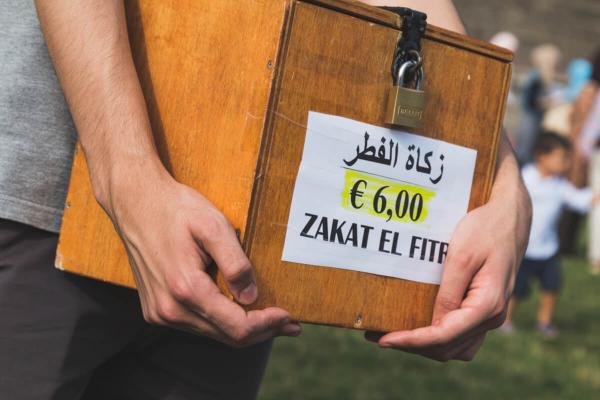RELIGIOUSLY MOTIVATED hate crimes are on the rise in the U.S. Anti-Muslim marches are held around the country. Synagogues receive bomb threats.
And yet interreligious collaboration is also on the rise. With the Jubilee Assembly, faith-motivated investors are pooling their tithes, zakah, and offerings for a higher purpose. The coalition takes its name from the ancient concept of “jubilee”—a regular season of mandated communal economic redistribution, justice, and equity in Judaism, Christianity, and Islam.
Joshua Brockwell, a member of the Jubilee Assembly organizing team, works at Azzad Asset Management, a Muslim-led investment company. “By collaborating and putting our money where our morals are,” wrote Brockwell, “the Jubilee Assembly provides an opportunity to live out our common values and make an impact in our communities."
Read the Full Article

